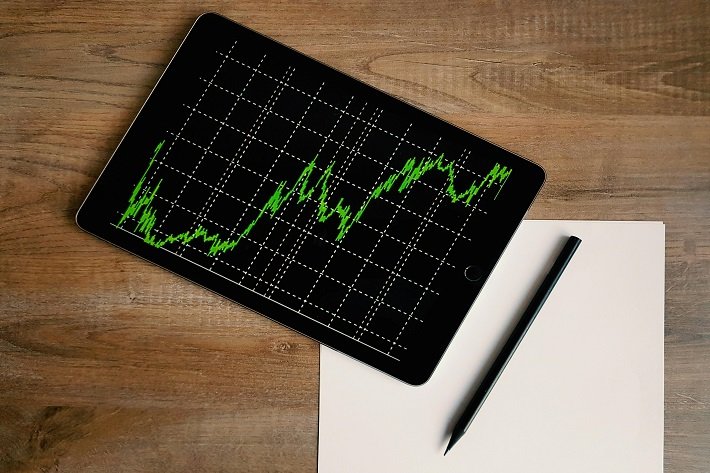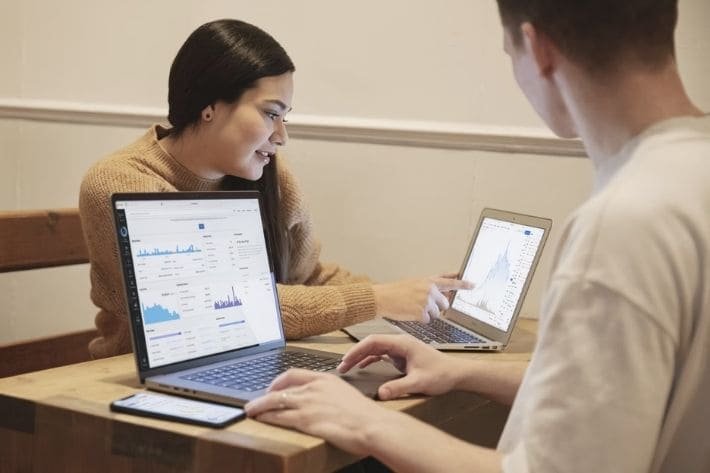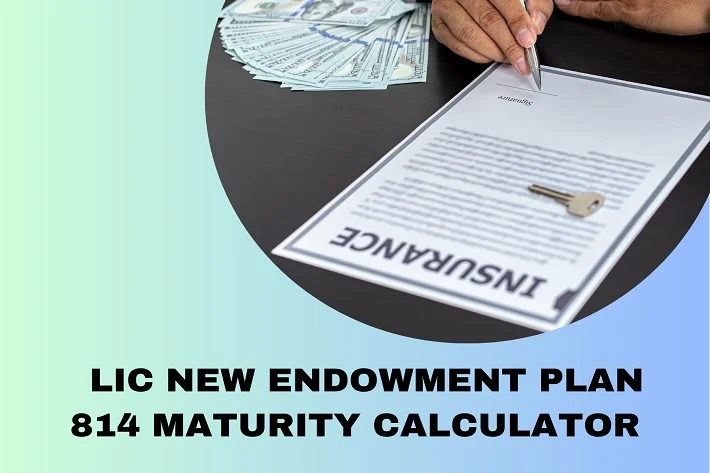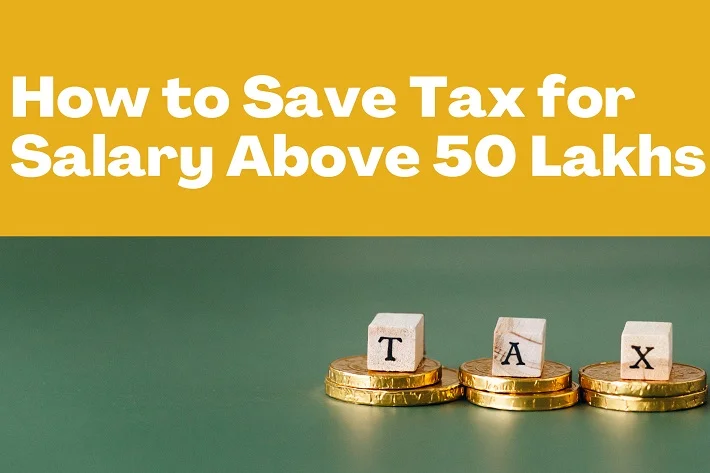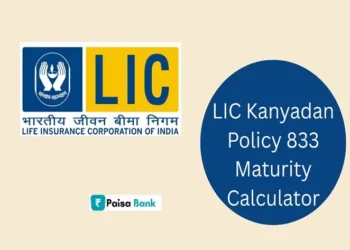Forex trading has grown in popularity among financially smart individuals over the years. Many are, nevertheless, looking for ways to generate money from home or in their leisure time through forex trading in India for beginners. As a result, many beginner traders are looking to learn how to start forex trading in India for beginners as a way to supplement their income.
As a result, forex trading for beginners is gaining popularity since they are willing to take chances to achieve significant returns. Unfortunately, the majority of them are unaware of the complexity of forex trading. We’ve covered all you need to know as a novice in forex trading in this post. Thus, if you’re looking for information about how to start forex trading in India and forex trading for beginners, this is the article for you.
What is Forex Trading?
The process of exchanging currencies for profit is known as forex, which stands for the foreign exchange rate. The currency market is enormous, with an estimated daily turnover of more than USD 5 trillion. Forex trading is the purchase and sale of currencies for profit. And one ideal illustration of forex trading is exchanging your home country’s currency for the currency of your destination country during a foreign vacation. This means that the currencies are exchanged in pairs, such as the US dollar and the Indian rupee (USD/INR). Nevertheless, in India, only INR-based currency pairs can be traded on the NSE and BSE through Indian brokers.
The following currency pairs are available in India in INR:
- USD/INR
- EUR/IND
- GBP/INR
- JPY/INR.
However, traders can also trade cross-currency F&O contracts on the following currency pairs:
- EUR-USD
- GBP-USD
- USD-JPY.
The currency market is open 24 hours a day, seven days a week, from Monday 2:30 a.m. IST to Saturday 2:30 a.m. IST. As a forex trader, you can purchase and sell different currencies to profit from the difference in selling and buying prices.
Factors Affecting Forex Trading in India For Beginners
Numerous aspects need to be addressed before creating a forex brokerage account for forex trading in India. The following are critical aspects to consider:
1. Leverage
In a forex brokerage account, leverage is the multiplier that represents the X times the margin for which you can take a position. For example, if you have INR 10,000 in your account and a 10 times leverage, you can take the position’s worth of INR 10,000 x 10 = INR 100,000. Leverage in a forex trading account can range between 50:1 and 300:1. It enables you to make a significant income with a small initial commitment. But, if the transactions go wrong, it might result in losses.
Also, increased leverage entails a higher amount of risk in forex trading.
2. Brokerage Commissions and Fees
Fees are not required for each forex deal, as they are in stock trading. This is because forex trading for beginners is conducted directly with market makers rather than through brokers. However, the spread on a currency pair varies from company to firm and might be as little as one pip (0.0001). Yet, a currency pair with a huge volume of difference might make a considerable difference because larger spreads allow for more pips to be captured or lost.
3. Additional Factors
The various levels of services and programs given are additional aspects that influence forex trading in India for beginners. These services are classified according to the member and the costs charged for currency trading. Nonetheless, the forex brokerage firms are regulated and the participants are expected to have specific minimum capital and must follow benchmark norms that result in good trade practices.
Steps to Start Forex Trading in India For Beginners
For newbies to forex trading, it might be tough to know where to begin. The following are steps to Start Forex Trading in India guide for beginners to forex trading in India.
1. Know How Forex Trading Functions
Forex trading, like stock trading, is based on the demand and supply of buyers and sellers. This affects the price movement of a specific currency pair in forex trading for beginners. The forex market exchanges currencies and is open for business 24 hours a day, five days a week (Monday-Friday). Yet, the optimum time to trade forex is when the market is extremely active, which happens when two distinct exchange sessions overlap. This includes an increase in the number of traders buying and selling each currency at that time.
2. Know Important Elements of Forex Trading
Before beginning to trade currencies, several distinct aspects of forex trading must be studied as it is crucial Steps to Start Forex Trading in India. Let’s have a look at some of the most crucial aspects of forex trading for beginners.
a) Currency Pair
A currency pair is represented by a three-letter code, with the first two letters representing the country and the third letter representing the currency. INR, for example, stands for Indian Rupee. The currency pair is made up of two parts: the base currency and the quote currency. The base currency is the currency purchased in exchange for another currency. The Quote currency is the currency that is being sold to purchase another currency.
b) Lot size
In forex trading for beginners, currencies are traded in regulated amounts known as lots. These lots are the number of units sold or bought while performing a forex trade. The four different types of lot sizes are listed below.
- Standard lot size – 100,000 units of the currency
- Mini lot size – 10,000 units
- Micro lot size – 1,000 units
- Nano lot size – 100 units
c) Spread
The spread refers to the difference between the Ask price and the Bid price of a currency. Most forex brokers earn from spreads and do not charge a commission for trading currencies. Several factors influence spread size, including trade size, currency demand, and market volatility.
d) PIP (Percentage in Point)
A pip is the maximum price movement in four decimal points within a currency pair. 0.0001 is equal to one pip. The pip value changes according to the broker’s normal lot size. Traders calculate their profit and loss in each trade using pip.
3. Choose a Forex Broker
Selecting a forex broker is the first step for beginners to begin forex trading for beginners. It is critical to conduct thorough research on the various possibilities because you may spend a significant amount of money using the brokerage’s platform.
Yet, there are a few important factors to consider before choosing a forex broker.
- Security: It is critical to have a safe broker because you do not want to give your financial information to an untrustworthy broker. As a result, to protect the platform’s security, inquire whether the broker is registered with a regulatory organization.
- Withdrawals: A forex trading for beginner’s platform should make it simple to deposit and withdraw winnings.
- Customer Service: It is critical to select a broker who has a support structure in place to help you resolve your difficulties.
All of these factors will assist you in selecting a reliable forex broker who will make your trading experience more enjoyable.
4. Begin with demo trades
Most forex trading platforms allow you to experiment with virtual money and demo trades. As a beginner this step to start forex trading in India is important. It aids in knowing the process before investing money and gaining access to everything. Also, when practicing, keep track of your losses and gains, as well as your emotions. Discipline is essential to avoid losing too much money, and it’s easy to become excited when things are going well. Throughout the demo period, always try to learn tactics while trying out different techniques. You can also play with different currency pairs and get more comfortable with different instruments and types of trading.
5. Start with micro accounts
After you’ve practiced with a demo account, another step in how to start forex trading in India is to invest real money in the platform. But, it is recommended that you begin with a micro account that restricts you to fewer deals. It will keep you from putting your money at risk. When you begin trading with your own money, the losses and earnings have a genuine influence on your financial situation. This is a better way to learn about ethical forex trading in India for beginners than using demo accounts.
Also, at this moment, avoid taking too many chances and focus on gaining a deeper and more practical understanding of forex trading for beginners. Forex trading is incredibly complex, and as a newbie, you should spend time learning about various words, markets, probabilities, and methods.
6. Understand Currency Pairs
When you start trading currencies, you should research the currency pairs to learn which ones offer the best ROI and which ones to avoid. For example, the EUR/USD currency combination is regarded as the most stable and is one of the best, to begin with. Once you’ve mastered several currency pairs, you can begin trading with more volatile combinations. Keep an eye on the economic calendar to stay up to date on the latest news and developments affecting price fluctuations.
a) Don’t engage in emotional trading
Fear, worry, enthusiasm, and overconfidence are some of the typical emotions experienced by most novices while learning how to start forex trading in India. Yet, it is critical not to let your emotions take over your trading strategy. Managing your emotions will assist you in avoiding rash trading decisions.
b) Patience and Discipline
There is no one-size-fits-all formula for success in how to start forex trading for beginners, but the appropriate attitude and mindset are crucial in choosing a trading strategy. Patience is essential for trading since you must be willing to hold and wait for prices to reach the predicted levels. It is also critical to wait for the perfect time to enter or quit profitable positions. Discipline will also help you become a good trader by allowing you to stick to your plan. Furthermore, when trading, it is critical to have reasonable expectations based on reality and to avoid fear and greed.
Types of Forex Trading Orders
While trading, you can place numerous sorts of forex trading in India for beginners’ orders. Let us know what these orders are.
1. Market Order
A new position can be opened in this order, which can be a buy (long) or sell (short) position. A market order is an order to enter the market at whatever exchange rate is currently available. The market order is immediately executed at the current exchange rate. Another method is to use a limit order, which allows you to specify the price at which you want to buy or sell.
2. Take-profit Order
A take-profit order can be issued for an open position to lock in profits. When the rate reaches the predetermined set limit, the take-profit orders are executed as per the lock. It is possible that the rate will move farther ahead or that the order will not be completed if the rate does not reach the limit.
3. Stop-loss Order
The Stop-loss Order is the inverse of the Take-Profit Order in that it limits the trader’s losses. The stop-loss order limits losses if the rate falls further.
Read more: Is Forex Trading Illegal In India
Is Forex Trading Legal in India?
Forex trading is allowed in India, and the government keeps a careful eye on it. It is supervised by the RBI (Reserve Bank of India) and SEBI (Securities and Exchange Board of India) (Securities Exchange Board of India). SEBI supervises currency exchange in India by determining whether or not the exchange has trading permission from the RBI. Unfortunately, SEBI does not regulate Indian brokers. As a result, it is best not to trade with unlicensed local brokers in India and learn how to start forex trading in India before trading.
Understand Trading Psychology to Reduce Losses
Now, You know how to start forex trading in India, let’s learn more about it. Even if you study technical stuff like technical indicators, entry-exit points, and market trends, there is a good probability you will lose money in forex trading in India for beginners. And the reason for this is that you do not grasp the psychology of forex trading for beginners. Hence, to minimize losses, let us first grasp forex trading psychology.
1. Don’t make assumptions when trading
People who want to know how to start forex trading for beginners may continue to trade tiny deals intentionally and earn from their trades. At the same time, they believe that they should make a large trade to make a larger profit, and they lose money. This is because their huge trade is based on assumptions rather than factual knowledge. As a result, avoid making assumptions while trading and instead concentrate on the actual data.
2. Avoid having a predetermined mindset
Some novice forex trading for beginners begins with the preconceived concept that a particular currency pair would go above or below its current position, and this preconceived notion leads to losses. As a result, it is best to avoid a predetermined mindset and instead concentrate on the chart trend, chart pattern, and breakout.
Read more: Pros And Cons Of Forex Trading
Pros of Forex Trading
- Low Cost
- Offers High Liquidity
- No central exchange
- Variety of currency pairs to trade
- Low capital requirement
- Ease of trading
Cons of Forex Trading
- Lack of transparency
- The complex price determination process
- High Risk and High Leverage
- Self-learning
- High Volatility
Conclusion
You should now have a decent understanding of how to start forex trading in India for beginners. Take your time, though, to select a reliable broker, learn tactics, and practice with your trial account.
How to Start Forex Trading in India – FAQs
In India, where can I trade forex?
Ans. You can trade forex in India through exchanges such as NSE, BSE, and MCX-SX. You must register with a regulated broker and receive access to a trading platform.
What is the forex trading exchange rate?
Ans. The exchange rate is the rate at which one country’s currency can be exchanged for another. Most exchange rates are volatile, rising and falling with changes in the market’s demand and supply dynamics.
What exactly is a currency future?
Ans. A currency future is a contract to swap one currency for another at a predetermined date and price in the future. Foreign exchange futures, or FX futures, are another name for them. It is a type of currency derivative that is popular among forex traders.
What Are the Risks in Forex Trading?
Ans. Please remember that forex trading carries a high risk of loss. There are a few extra variables that need to be considered while dealing with a currency pair. Yet, dangers are associated with any financial exchange or investment.

